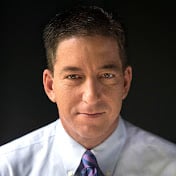Independent, Unencumbered Analysis and Investigative Reporting, Captive to No Dogma or Faction.
Key Points:
- Censorship Trends: The Democratic Party’s shift towards censorship reflects a broader cultural move against dissenting political views, raising concerns about free speech. This trend reflects fear of losing control over political narratives.
- Legal Misunderstandings: Many politicians, including Tim Walz, misinterpret First Amendment protections, leading to calls for regulating “disinformation” and “hate speech,” which historically have broader protections. This misunderstanding risks undermining fundamental democratic principles.
- Historical Context: The phrase “shouting fire in a crowded theater” originated from a case that justified political censorship, illustrating how historical legal precedents can be misapplied to current debates about free speech.
- Big Tech and Censorship: The pressure on social media platforms to censor dissenting opinions, particularly around government policies, reveals a troubling alliance between state power and corporate censorship, which threatens free expression.
- Intellectual Elitism: Political elites express discomfort with dissent, lamenting the loss of control over information, which demonstrates a desire for consensus over diverse opinions—a core tenet of democracy.
- Call for Unity: There is a growing need for Democrats and Republicans to reject censorship and promote open dialogue and debate, emphasizing persuasion over suppression.
- Impact on Democracy: The systemic attempt to justify censorship poses a significant threat to the foundational values of democracy, as it stifles political discourse and undermines public trust in democratic institutions.
You must log in or # to comment.

